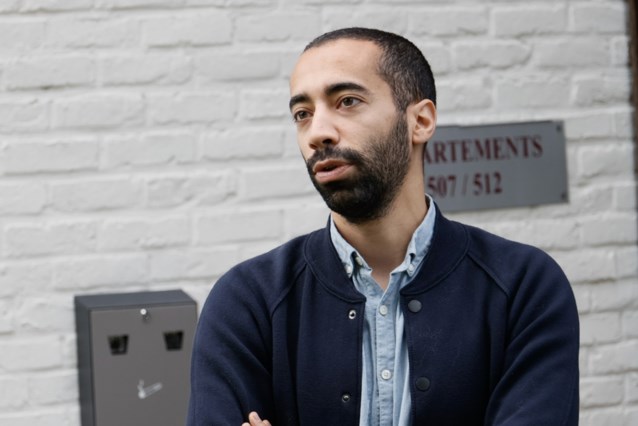Asylum and migration minister Sammy Mahdi (CD&V) is refusing to follow the example of Germany and the Netherlands, two neighbours who have suspended the forced return of Afghan refugees refused asylum.
The issue concerns refugees from Afghanistan who, for one reason or another, have been refused asylum in this country.
This week five governments – Austria, Denmark, Germany, Greece and the Netherlands – gave their backing to a retention of the right to repatriate Afghan refugees by force. Mahdi, secretary of state in an office that has already seen him placed under extreme political and public pressure, added his name to the document.
But since then, both Germany and the Netherlands have implemented a moratorium of at least six months on forced returns.
And just today, France has followed suit, with the moratorium on expulsions dated back to cases refused in July.
The problem is becoming more urgent by the day. The Afghan authorities are fighting a losing battle against the Taliban forces – once thought defeated and routed – who are advancing rapidly on the capital Kabul.
This morning, the head of the provincial council of Ghazni, announced formally that Ghazni city has fallen to the Taliban. The city, just 150km from Kabul, is considered of strategic importance and is now the tenth provincial capital to fall in the past week.
Conflict in Afghanistan has escalated since May, when US-led forces began the final stage of a troop withdrawal due to end later this month, after being in place for 20 years.
Given the rapidly deteriorating situation in the country, aid organisations are calling on governments to take steps.
“I do not understand," Philippe Hensmans, director of the Belgian section of Amnesty told the RTBF. “It’s as if he [Mahdi] wants to show that, even in the most serious situation, the most difficult that exists, we nevertheless send people back to their country, hoping that it will serve as an example for other countries. By setting such a drastic example, he hopes to discourage all arrivals."
The situation is made even more grave by the fact that the returnees will likely be easily identified by the Taliban as defectors and traitors, and treated accordingly.
On Tuesday, Mahdi spoke to the RTBF.
"These returns must continue in areas where it is possible," he said, arguing that the decision is a technical one and not political.
"It is not for the Secretary of State to carry out the assessment. In Belgium, it is the CGRA [Commissariat-General for Refugees and the Stateless], an independent entity, which evaluates each individual file, and which for some asylum seekers, does not give international protection,” he said.
“As soon as one does not obtain international protection, they receive an order to leave the territory. It is up to the political power to carry out the order to leave the territory. So, yes, for certain people, in certain regions, a return policy must be possible. But of course we must assess the situation in Afghanistan. And that we do every day," he said.

